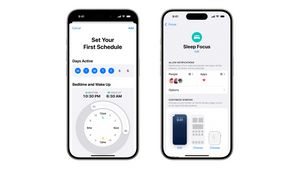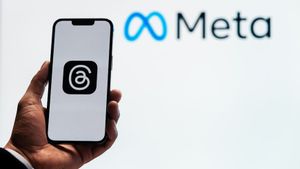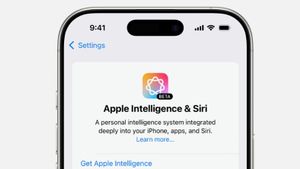JAKARTA Chinese hackers reportedly managed to access the system of the three largest internet service providers in the US, namely AT&T, Lumen (previously CenturyLink), and Verizon. What makes this attack a special concern is the fact that they have succeeded in exploiting the security gap that was deliberately created to allow wiretapping by US law enforcement.
According to a report from The Wall Street Journal, the hack, allegedly linked to the Chinese government, managed to penetrate the network used for an official request for wiretapping by the US government. Hackers may have had access to network infrastructure for months or even longer.
Related sources stated that the hack involved China's Ministry of State Security (MSS), which has long targeted the United States for intelligence purposes. In the cybersecurity community, this hack was dubbed Salt Typhoon, a group that Microsoft oversees because of hacking activity that allegedly originated in China.
Brandon Wales, a former executive director at the US Cybersecurity and Infrastructure Agency (CISA), said the hack looked like part of a spy campaign that could have a major impact on key communications in the US. China itself denies being involved in this attack.
SEE ALSO:
The case reaffirms Apple's stance rejecting the FBI's request to create a "backdoor" on the iPhone, which aims to help law enforcement access devices used in shooting cases in San Bernardino and Pensacola. Apple argues that creating a backdoor for law enforcement purposes will only open up loopholes that hackers can exploit.
Apple firmly states that once you create a backdoor for use by the government, it's only a matter of time before hackers find it and take advantage of it. The encryption system cannot be "slightly unsafe"; if there is a gap, then it's just a matter of time until the gap is misused.
This case of hacking US ISP clarifies Apple's argument. A security gap created for legitimate wiretapping has been found and accessed by hackers. The same would happen if Apple created a backdoor on the iPhone device.
The English, Chinese, Japanese, Arabic, and French versions are automatically generated by the AI. So there may still be inaccuracies in translating, please always see Indonesian as our main language. (system supported by DigitalSiber.id)


















